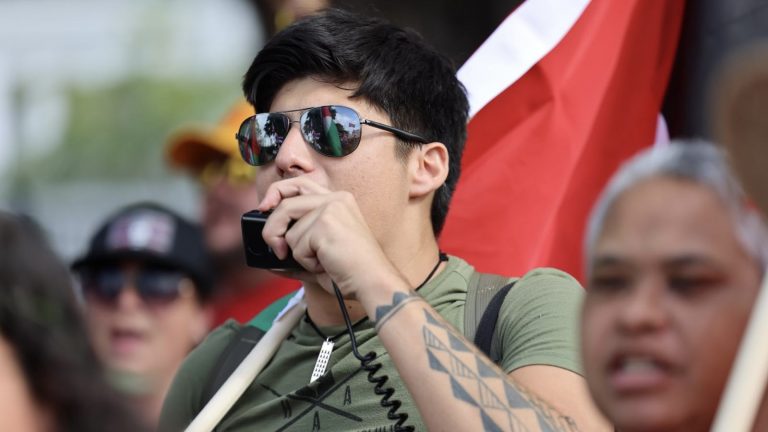US’ ‘Pivot To The Pacific’ Provides An ‘Opportunity’ To Fight Empire
“Our nations are caught in the middle,” of the massive US escalation in aggression towards China, says Kawenaʻulaokalā Kapahua. Kapahua is the Political Education Chair for Hui Aloha ʻĀina, a Hawaiian independence party originally established in 1893 to resist the US occupation of Hawai’i. To him, the US drive towards war can in fact present “a major opportunity to start building, not just with ourselves in Hawai’i, but also with our Pacific comrades, neighbors, and cousins, to start fighting back.”
“Our ocean is the frontline in this Cold War between China and the United States,” Kapahua articulates.















